Mozambique: Human behaviour main factor for coastline destruction in Inhambane - AIM report | Watch
Mozambique: Children being recruited, trained by insurgents in north – local priest
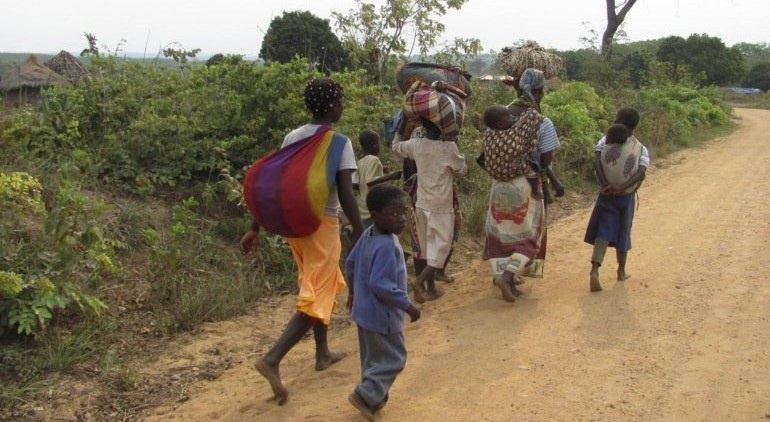
FILE - For illustration purposes only. [File photo: Lusa]
Latifo Fonseca, a Catholic priest in the diocese of Pemba, in Cabo Delgado province, in northern Mozambique, has warned in an interview with Lusa about evidence that children are being recruited by the insurgent groups that have plagued the region for the past three years.
“Some people who went to the insurgents’ camps found children,” said the priest, who is a missionary and also a researcher for the Mozambican Institute of Social and Economic Studies (IESE), citing reports that he had heard from people who had been abducted by the armed groups and managed to escape.
The reports are in line with others from mothers whose children have disappeared during the insurgents’ attacks on villages in the region.
“We are afraid that [the rebels] are using these children” as they become adolescents, indoctrinating them in extremist practices and armed violence, taking advantage of their “fresh skills and intelligence,” Fonseca said.
From the reports coming in, he said, there seems to be a general recruitment strategy in which new insurgents spend time in various different camps and undertake training that can last up to two years.
“We think that children can also be instrumentalised” in this process, he stressed.
Fonseca has heard appeals from those who have already been on the front line, warning of the need to think not only of the displaced people now in Pemba, the provincial capital, but also of the children and adolescents who are in the insurgent bases.
The researcher said it is necessary to “think about how to rescue” these children and teenagers, pondering that it is necessary to start by gathering information about the hiding places of the armed groups.
“Not all those [who are there] are guilty; many were kidnapped,” he said. “There must be many children because there are many mothers crying about [their] disappearance.”
Fonseca also said that some minors may be being used “as spies” in the province’s towns.
“On a daily basis, we think that they are selling peanuts” on the streets but “they are the ones who have information”, he said.
At the same time, the kidnapping of girls appears associated with forced marriages with members of the armed groups.
The fact that the children “may come back more extremist” represents a risk for the future of society in the region, he added.
“They have not had the capacity to assimilate reason in a healthy family environment and the only reality they see is that of war,” said Fonseca, adding that the recruitment of children can “perpetuate the war, because if they are natives, they will have no other place [and] if the war ends, even if they have amnesty, for example, they will not have the conditions to be well received.”
This is a process that differs from the one “an adult goes through who, when he leaves, knows that he once lived healthy”, he explained. “We have to take care of that [and] try to rescue” those who hide in the bush.
“No mother is going to report that her son is a terrorist … and he will continue to live with us , while he is [nevertheless] part” of the insurgent groups, he stressed. “We have to pay more attention to this matter, to eliminate it at its root, otherwise these [new recruits] will be worse than the first terrorists.”
This, he argued, applies not only to children now in the insurgent camps in the bush, but also displaced children arriving at safe points in the province: these can be a big problem, creating insurgents “worse than those who are there” in the bush.
It is not enough to enrol the children in schools “and leave it at that”, he explained. Even the displaced children, who are estimated to make up almost half of the total 700,000 displaced people, “should be monitored” in the way that they occupy their time, encouraging extracurricular activities such as sports, for example.
In the case of religion, he suggested monitoring “what madrassas [Islamic schools], catechesis or other cultural accompaniment they are having” and ensuring “that we include anthropologists, sociologists and religious here so that these children, who seem to be in a healthy environment, have direct accompaniment” or “they can become rebels”.


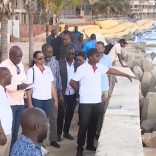
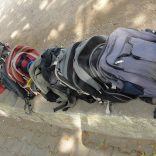


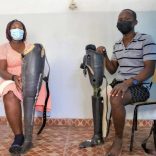
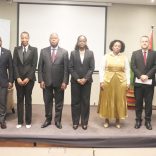




Leave a Reply
Be the First to Comment!
You must be logged in to post a comment.
You must be logged in to post a comment.